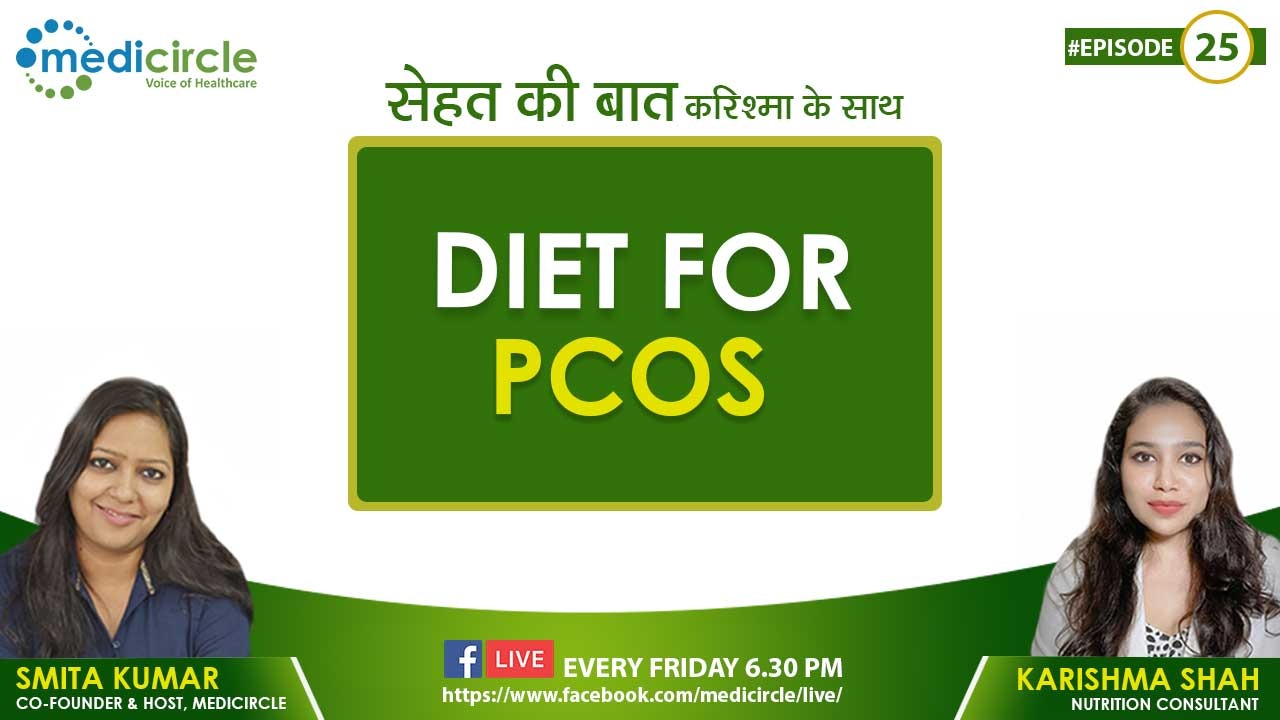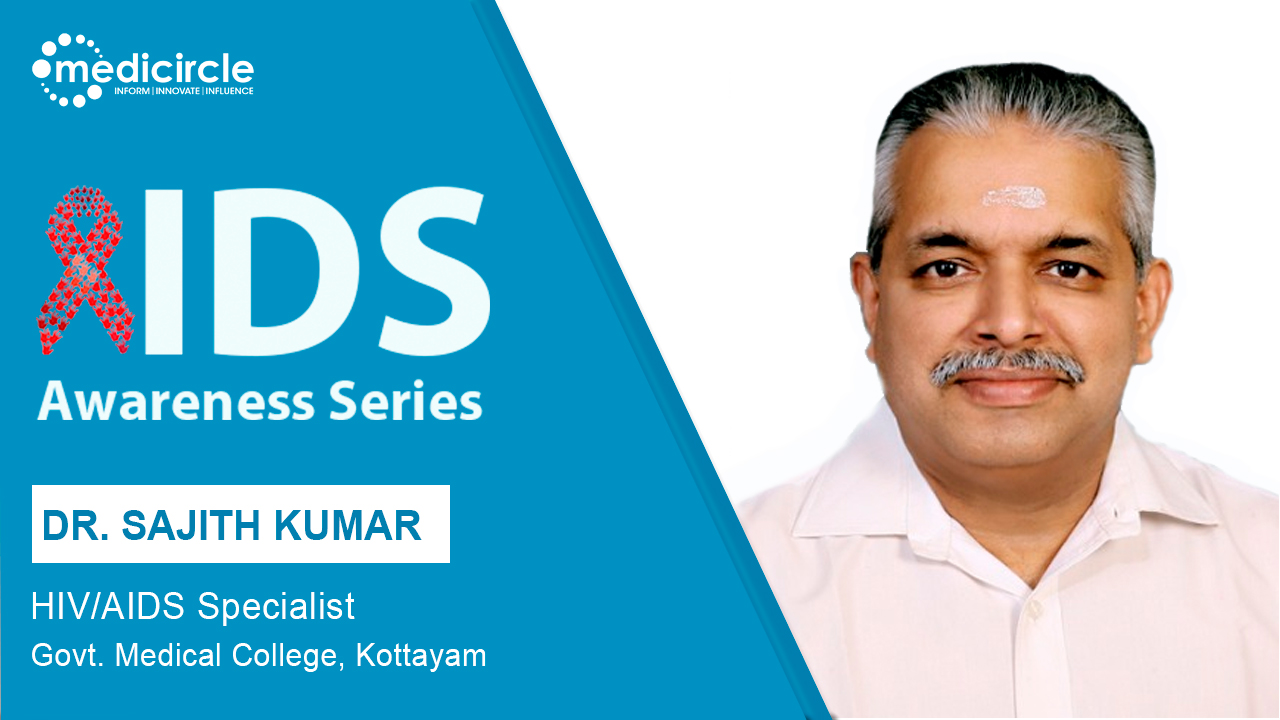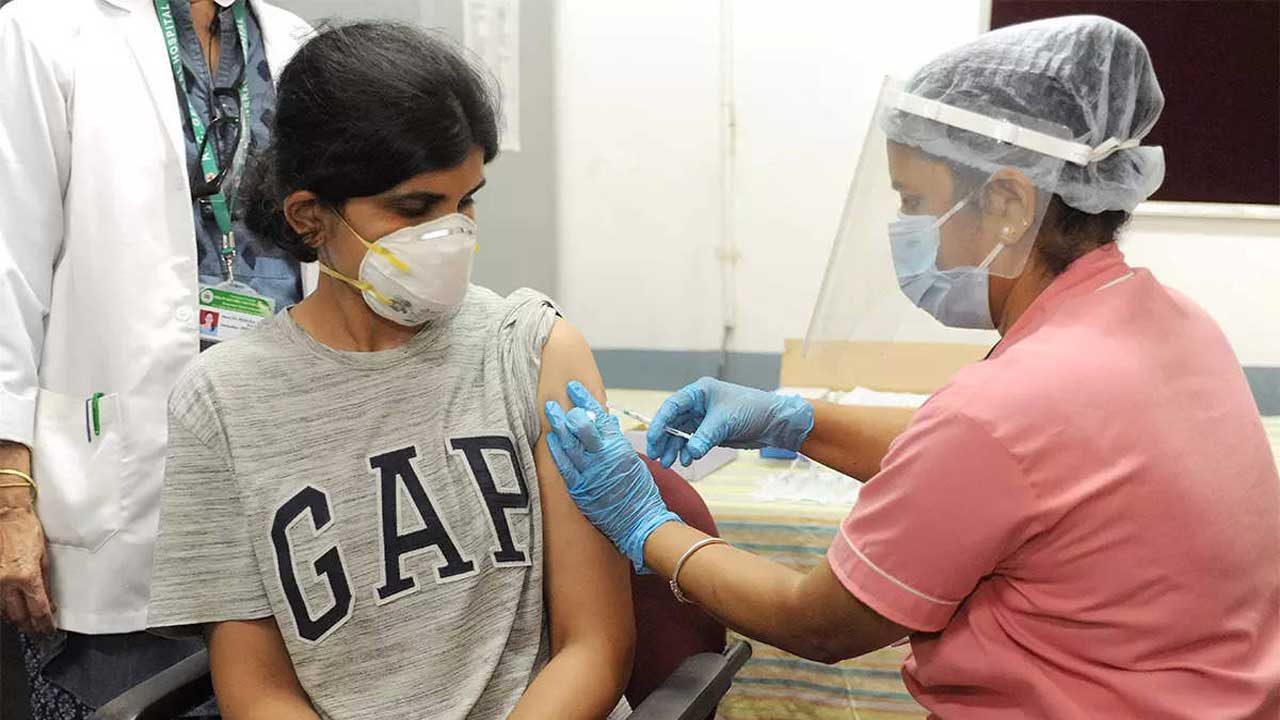Polycystic ovary syndrome (PCOS) is a condition that affects a woman's hormone levels. PCOS is a hormone problem that affects women during their childbearing years (ages 15 to 44). Between 2.2 and 26.7 percent of women in this age group have PCOS.
Many women have PCOS but are not aware of it. In one study, up to 70 percent of women suffering from PCOS were not diagnosed.
Eating healthy and staying active can help you improve PCOS symptoms and are very important to help prevent heart disease and diabetes in the future. We should limit the amount of fatty and sugary foods and drinks along with eating lots of fruits and vegetables. If you're trying to get pregnant, it's important to have nutrients in your diet, and take folic acid supplements as well.
Eating food items with low GI diets, which raise your blood sugar levels slowly, may be useful for reducing symptoms of PCOS. This is because eating food items with low GI diets can improve insulin levels.
Healthier food choices and increasing physical activity can improve symptoms of PCOS.
Facts:
Worldwide, PCOS affects 6% to 10% of women, making it the most common endocrine disorder in women of childbearing age.
By age 40, up to 40% of women with PCOS may have pre-diabetes or diabetes.
Eating disorders including anorexia, bulimia, and binge eating disorder are common among women with PCOS.
Women with PCOS have higher rates of anxiety and depression than women without the syndrome.
Eating protein and fat-containing foods every 3 to 5 hours throughout the day can help stabilize blood sugar levels and prevent cravings in PCOS.
At Medicircle, we are presenting the Ask The Expert Series for health awareness to understand facts and find solutions related to them. We have come up with a series of Sehat Ki Baat, Karishma Ke Saath. Let’s interact with Expert Karishma Shah about the PCOS diet
Karishma Shah is a Renowned Nutritionist and Plant Diet based Food Coach. She is also a Weight Loss Expert, Diabetes and PCOS Educator & Certified in Psychology of Eating
PCOS foods to eat and avoid
Karishma Shah informs, “PCOS is a highly prevalent disorder in women. Over a period of a decade, every 2 nd girl has this syndrome. PCOS patients show a strong history of diabetes. The percentage of PCOS patients is increasing in females especially seen in young girls. Few important insights about PCOS are-
PCOS and PCOS is a metabolic condition and disorder.
PCOS and PCOD stay with you and never go away.
Insulin is a hormone that regulates blood sugar levels. In PCOS, there is insulin resistance which causes various symptoms
Irregular periods Acne Facial hair Obesity Excess insulin disruption
Rx for PCOS
Diet Exercise Healthy lifestyle Regular sleeping cycle
This causes a balance of hormone insulin to reach the insulin-sensitive stage. This is a lifestyle process and you need to understand a healthy lifestyle so that you are happy in your mind and body. PCOS is reversible and can be taken care of with lifestyle modifications."
Foods to eat and avoid in PCOS
Karishma says, “Foods to avoid for PCOS-
Reduce the sugar intake Avoid sugary Packaged and processed foods Avoid surgery Baked foods like biscuits Reduce dairy products which increase the androgens and male hormones Avoid spicy oily food from outside Less oily foods
These are few guidelines for the PCOS diet."
PCOS disorders in women - PCOS belly
Karishma says,” Every girl who has PCOS has some symptoms. So, to treat these symptoms go through the following-
The education process for PCOS - Understand PCOS to deal with anxiety, lethargy, weight gain, and obesity.
All women are hormonal by nature. Women are blessed with menstrual cycles Natural ability to give birth to life
If this natural cycle is disrupted, leading to delayed or absent menses, it may lead to hormonal imbalance. This mood fluctuates in case of hormonal imbalance. This hormonal balance creates symptoms that cause an increase in the premenstrual symptoms causes-
Anxiety Mood swings Body-conscious Water retention due to absent mense PIcky eating Distress in mind and body Delayed periods Scanty periods Heavy periods Infertility - difficult to conceive Infertility can lead to anger on food and relationships Disappointment Lethargy Feeling tired Feeling weak Not able to exercise Mental fog - brain fog leads to lack of nutrition Vitamin Deficiencies Lack of zinc Low vitamin D levels
This is the problem with PCOS. The brain needs to sugar new glucose to function. Proper counseling and guidance are important for PCOS.
So, Include -
Healthy diet Exercise 1 hour a day which helps in proper maintenance of insulin."
Plant-based foods for a healthy balance of hormones
Karishma says, “Consuming dairy products in PCOS can cause-
Increase in androgen levels Imbalance of PCOS Increase in symptoms of PCOS Hormonal imbalance Weight gain
A plant-based diet is a diet where you consume plant-based foods and eliminate animal foods that are essential in PCOS. Eliminating dairy products can help. Consume the following when eating plant-based products-
Vegetable Fruits with natural sugar Millets Nuts and seed Dal and rice
This helps you to open to a plethora of healthy nutritious things for better gut bacteria. Include different food groups in your diet as variety is the spice of life.”
Myth busted about keto diet for PCOS
Karishma informs,” I had a lot of clients who came to me after following the keto diet. Keto diet includes -
Consumption of 70 % fat from -
Red meat Chicken Fish Paneer Avocado Nuts
70 % fat consumption can harm the body and is not required.”
Intermittent fasting in PCOS
Karishma says, “Intermittent fasting is defined as consuming food for 8 hours and fasting for 16 hours a day. This leads to
Deprivation mindset in which you deprived yourself of food Ravenous appetite Crankiness towards life
Understanding fasting is important. Do not fast every day. This will mess you psychologically with food. Intermittent fasting is not sustainable for life. Do not try extreme things and this will harm your mind, body, and emotions. Emotions are attached to food. Girls with PCOS and PCOD do not need to do intermittent fasting as it does not work for them but backfires them.”
Reasons for PCOS in young girls
Karishma informs,” PCOS in young girls is alarming and shocking. The reasons behind this -
Body BMI (Body Mass Index)- The height and weight balance must be maintained in young girls. There is an imbalance of BMI-
Unhealthy diet Sedentary lifestyle Lack of exercise Social media exposure Lack of physical movement Lack of discipline in diet and food Lack of discipline in sleeping The negative atmosphere at home The unhealthy environment at home
Preventative health care is a must for young girls."
(Edited by Dr.Rati Parwani)

 Karishma sheds light on PCOS and explains ways to Beat PCOS
Karishma informs that discipline in lifestyle is a must to beat PCOS. She explains how PCOS affects mental and physical health which can cause a negative impact in the body. She informs that healthy maintenance of BMI is a must for a healthy body and avoid PCOS.
Karishma sheds light on PCOS and explains ways to Beat PCOS
Karishma informs that discipline in lifestyle is a must to beat PCOS. She explains how PCOS affects mental and physical health which can cause a negative impact in the body. She informs that healthy maintenance of BMI is a must for a healthy body and avoid PCOS.





.png)














.jpeg)






.jpg)




.jpg)





.jpeg)
